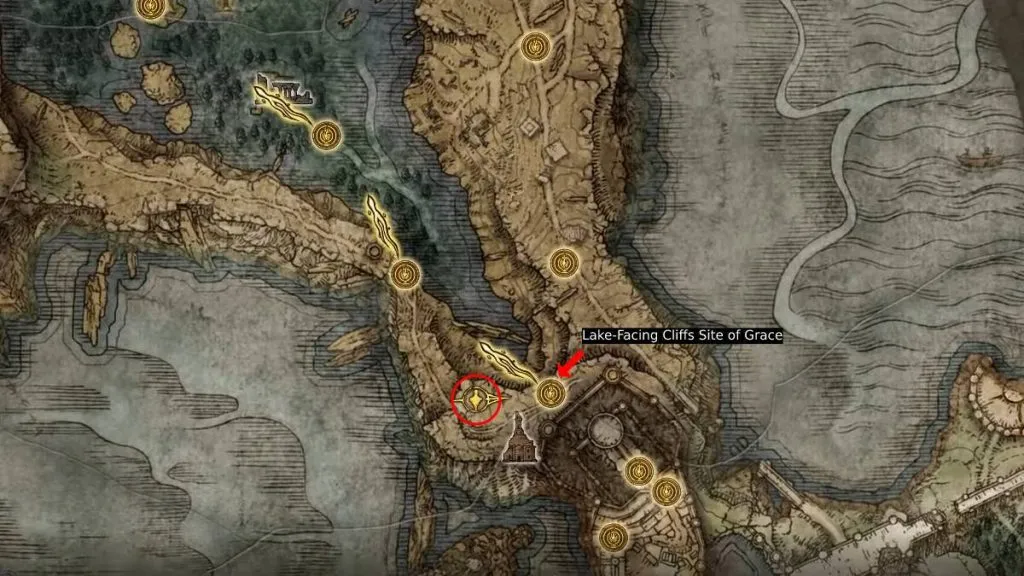The responsibility for avoiding collisions between boats falls on the shoulders of all boaters on the water. Don’t rely on others to keep you safe and absolve yourself of responsibility; the risk is simply not worth it. While a boating accident may not always be the fault of both parties, both parties must take action to prevent it from occurring.
Table of Contents
Whose Fault is a Boat Collision?
Some boaters may question their responsibility if someone else is clearly at fault. However, let’s consider a scenario. You’re in a small fishing boat, and a massive freighter weighing over 100 tons is heading directly towards you at full speed. Technically, you have the right of way, but will you choose not to move because the other boat is in the wrong? Of course not! You’ll do everything in your power to avoid a collision and save your boat from being crushed.
Being responsible doesn’t mean you are in the wrong. When there is a risk of property damage, injury, or even death, the focus should be on avoiding a collision at all costs. Assigning blame can come later when everyone is safe. So remember, even if a collision is not your fault, it is still your responsibility to take whatever safe actions you can to prevent it.
How to Avoid a Collision
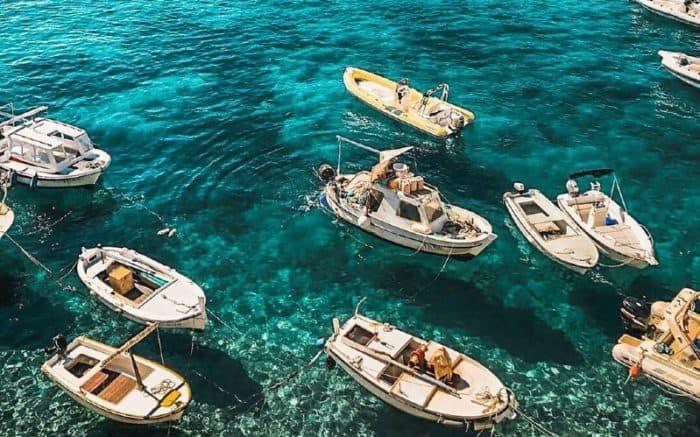
While all boaters should adhere to the specific Rules of the Road on the water, collisions can still occur due to various reasons. These reasons include irresponsible boating, alcohol/drug use, untrained operators, mechanical malfunctions, and medical emergencies. Given that a potential collision may not be anyone’s fault, it is best never to assume what might happen or why. Things can quickly spiral out of control for numerous reasons.
In light of this, the US Coast Guard recognizes that boaters may break navigation rules to avoid collisions. Therefore, if a collision seems imminent, do whatever you can to either avoid it or minimize the impact. The ultimate goal is to reduce harm to people and property.
Stand-On and Give-Way Boat
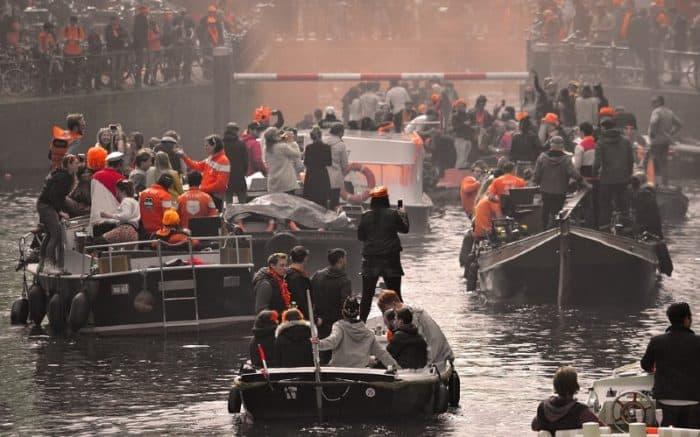
Although both boaters share the responsibility to avoid a collision, it is crucial to understand specific actions to operate smoothly on the water and minimize the chances of a collision. When one boat is the stand-on vessel (having the right of way), it should maintain its course and speed when passing or intersecting paths with other boats, unless the give-way vessel is not following the rules. In such cases, the stand-on vessel must take evasive action, such as stopping, reversing, or altering course, to prevent a collision.
In a head-to-head encounter between two boats, neither qualifies as the stand-on vessel. Both boats should alter their course slightly, passing port to port to avoid a collision. One boat should sound a single horn blast to indicate the change in direction, and the other boat should respond similarly to maintain communication. It is always wise to proceed with caution in such situations, as the other vessel may not fulfill its responsibilities.
Other Rules for Avoiding Collisions
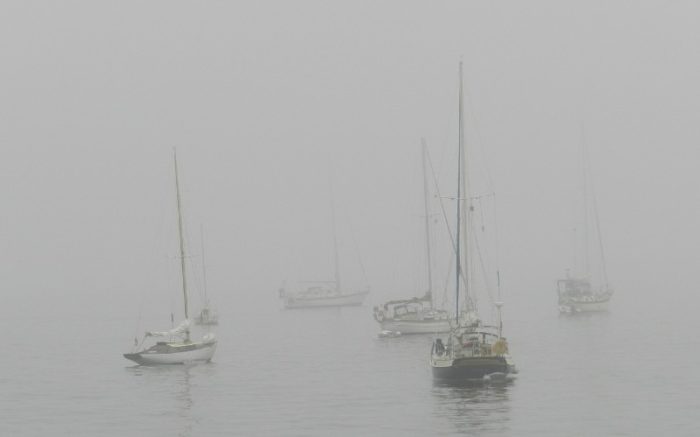
Different types of vessels have specific responsibilities to avoid collisions. If you are operating a power-driven vessel, you should give way to sailboats, vessels that are not under command, disabled vessels, and fishing boats hauling in nets. Sailboats, on the other hand, must give way to vessels that are not under command, disabled vessels, and fishing boats hauling in nets. Fishing vessels should also give way to vessels that are not under command and disabled vessels.
Signals to Avoid Boating Accidents
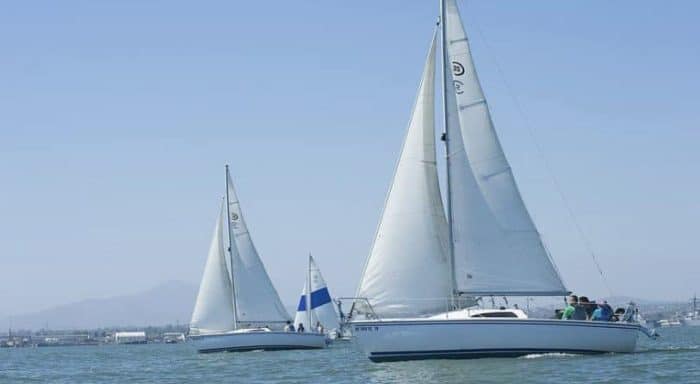
Sound signals play a crucial role in avoiding collisions. They communicate your intentions to other boaters, allowing them to respond accordingly.
- One short horn blast indicates your intention to alter course to starboard.
- Two short horn blasts indicate your intention to alter course to port.
- Three short horn blasts indicate that you are reversing or using astern propulsion.
- Five short horn blasts signify confusion or lack of understanding. It indicates that you or the other boater does not comprehend the situation and the appropriate actions to take. In such cases, proceed with caution or stop until clarity is established.
- One long horn blast is a warning signal. It can indicate the presence of an unseen vessel, departing from a dock or berth, approaching an obstruction, or a blind turn.
- One prolonged blast every two minutes is necessary in low visibility conditions to let other boaters know of your presence and prevent collisions.
- Two prolonged blasts every two minutes indicate that your power-driven boat is stationary and not making way in limited visibility conditions.
Tips to Avoid Boat Collisions
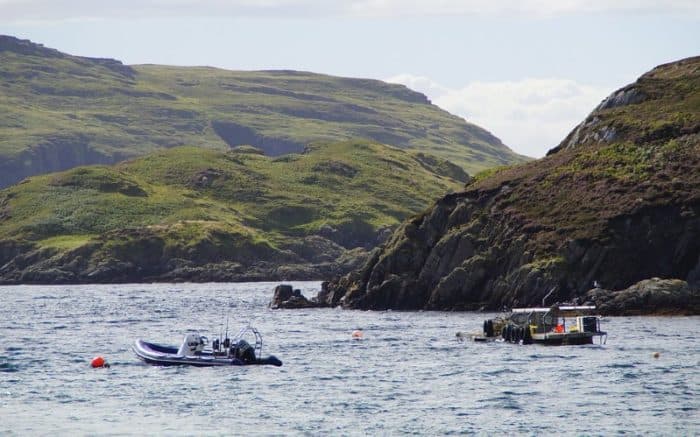
Here are some essential tips to prevent boat collisions:
- Pay attention and follow navigational rules. Be aware of your surroundings and watch and listen for sound signals from other vessels. Communicate clearly when necessary and take responsibility for your vessel and crew.
- Be cautious when traveling into the sun on a clear day, as glare can make it difficult to spot oncoming boats. Consider altering your course or reducing speed.
- Keep your radio on and make use of radar if available.
- Adhere to posted speeds and slow down in areas with limited visibility or high boat traffic.
- Use navigation lights in low light or low visibility conditions to ensure your visibility to other boats.
- Assign a lookout on your boat to help you stay aware of your surroundings and the actions of other vessels.
- Avoid shipping lanes and give way to large commercial vessels.
- Avoid boating in weather conditions that impede visibility, such as heavy rain and fog.
- Keep a safe distance from tugboats, as they may have hidden lines dragging behind.
- Ensure that the operator of your vessel is capable, sober, and knowledgeable about operating the boat.
- Remember, it is your responsibility to prevent collisions, even if they are not your fault. Always prioritize safety and caution on the water.
The Bottom Line
Every boater has a duty to take necessary actions to avoid collisions. Even if the collision may not be your fault, it is still your responsibility to prevent it whenever possible. Remember and follow the rules of the road, and always exercise responsible and cautious behavior on the water.
To learn more about boating and related topics, visit 5 WS.

